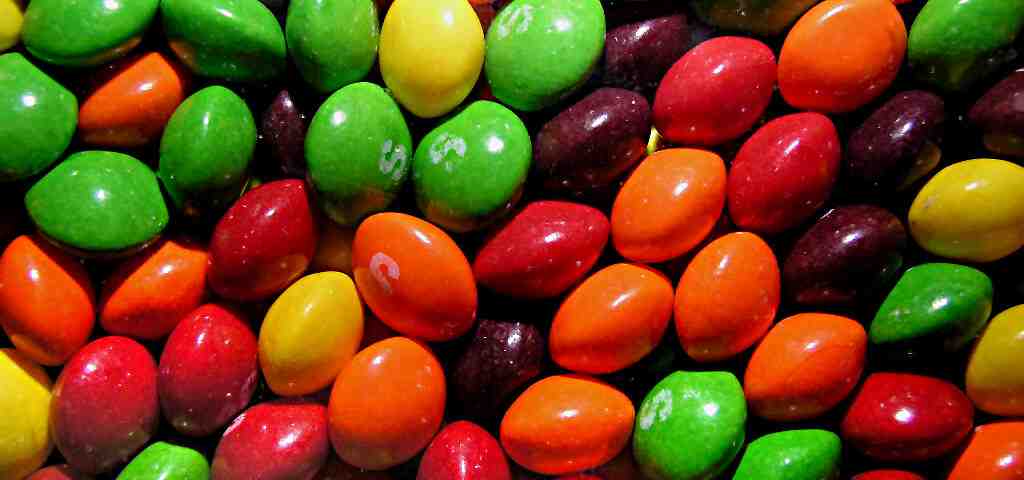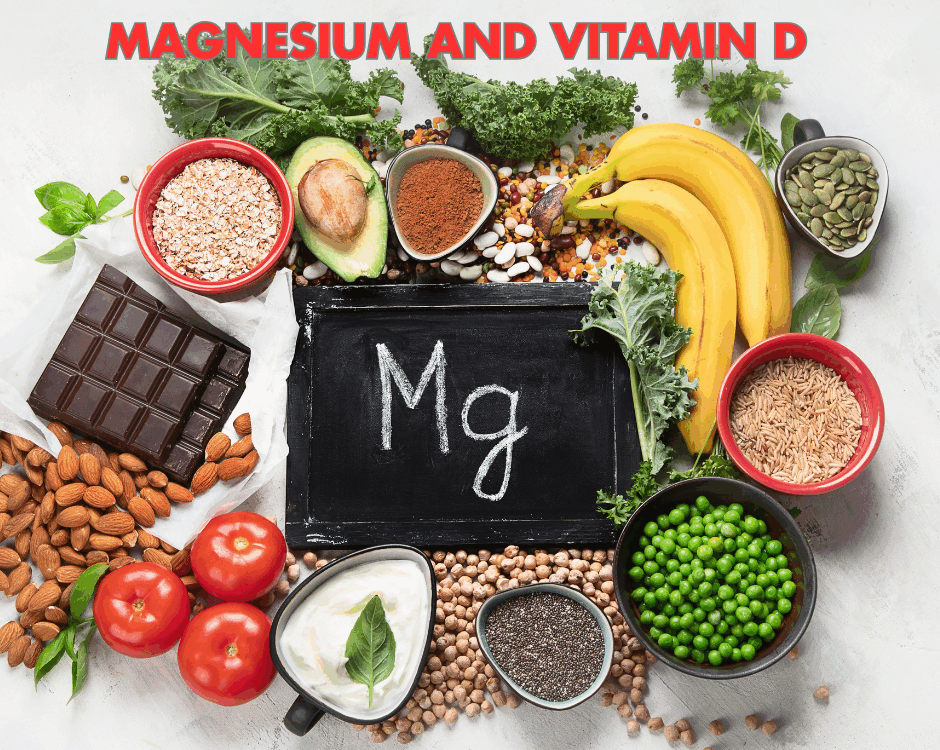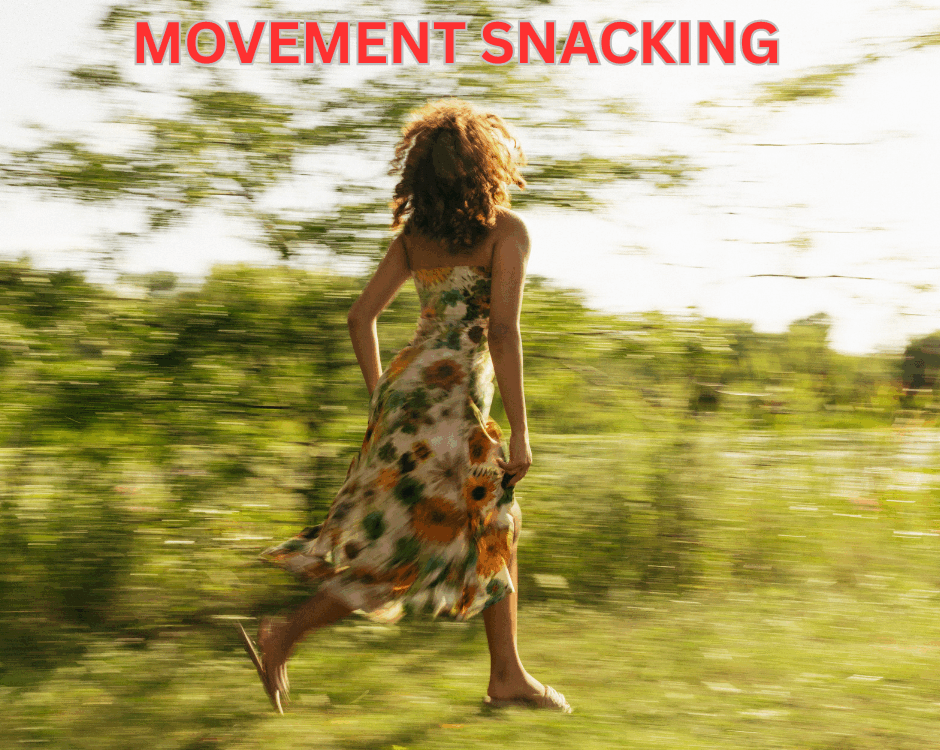Some Important Signs of High Blood Sugar

Boom! Storm Distance Measured by Lightening and Thunder
October 18, 2024
Ouch! My Back Hurts!
October 18, 2024- Accident doctor
- accupuncture
- airplane headache
- alzheimer's
- best habits
- Brain Injuries
- car accident
- car accidents
- cervical strain
- colds
- concussion
- Concussions
- disc bulge
- dosage meds
- dry needling
- dull pain
- E bike injuries
- florida
- good posture
- headaches
- Headrest positions
- Headrest positions after an accident
- Healthy choices
- Healthy flying
- healthy gift guide
- Healthy SPring Ideas
- hip pain
- hyperextension
- injury doctor
- insurance
- Kayaking
- kentucky
- kids motion sickness
- lifestyle
- motion sickness
- neck injury
- no fault insurance doctor
- noise healing
- osteoporosis
- pain symptoms
- pink noise
- posterior chain
- posture
- prevent osteoporosis
- Rest
- Scoliosis
- shoulder pain
- Stress with kids after a motor vehicle accident
- TBI
- tips
- tmj
- torn muscle
- Traumatic Brain Injury
- trigger points
- VitaminD
- What are Post Traumatic headaches?
5 Signs of High Blood Sugar
High blood sugar, also known as hyperglycemia, occurs when there is too much glucose running through the bloodstream. This is typically thought of with diabetes but can happen to anyone under certain circumstances like stress, sickness, or a bad diet. It is important to recognize the signs of high blood sugar because if it continues for long periods of time, it can cause more serious health problems. Dr. Aaron Workman of Chambers Medical Group, one of the highest rated car accident medical care providers in Kentucky, discusses five signs that your blood sugar may be soaring.
- Increased Thirst and Dry Mouth
An early warning sign is excessive thirst. This happens from the body pulling water from your tissues to help flush out the excess sugar that is in the blood by means of urination. The result of this body process will cause dehydration and a continued feeling of thirst no matter how much water you drink. You may have a dry mouth or feel like your throat is dry. If you feel a constant thirst or persistently parched, then it could be a signal your blood sugar is too high.
- Frequent Urination
Another common symptom of high blood sugar is a constant need to urinate. This is linked with the increased thirst you experience. As your body tries to eliminate excess sugar through urine, it makes the kidneys work overtime, resulting in more frequent trips to the bathroom. So, if you notice urinating more than usual, waking up all hours of the night, it could indicate the blood sugar is off. This will lead to dehydration and a perpetual cycle of thirst and parched mouth.
- Fatigue and Weakness
High blood sugar can make you feel very tired and weak. Glucose is your body’s primary source of energy. When it builds up in the bloodstream instead of traveling into your cells for energy, your body cannot use it efficiently. This can result in the feeling of exhaustion even if you are getting plenty of sleep or your activity is low. If you find yourself tired and weak no matter how much rest you get, then it is time to get your blood sugar checked.
- Blurred Vision
Excess glucose can cause the lenses of your eyes to swell, which leads to blurred vision. This symptom can come on suddenly or gradually, depending on how long your blood sugar has been elevated. If you ignore this, it can damage the blood vessels in your eyes leading to more vision problems over time. This can end up as a diabetic retinopathy.
- Slow Healing Wounds
High blood sugar can impact your body’s ability to heal. Typically, if you have a cut or bruise, your body will take care of it within a few days. If you find those same things taking a long time to heal, it could be a sign the blood sugar is too high. High glucose levels can impair blood circulation, which in turn reduces the supply of nutrients and oxygen that are necessary for wound healing. This can also weaken your immune system, making it harder for your body to fight off infections and recover from injuries. People with diabetes often notice that minor cuts, bruises, or blisters take much longer to heal.
Recognizing the signs of high blood sugar is important for maintaining health and preventing complications. If you start to notice increased thirst, frequent urination, extreme tiredness, blurred vision, or slow healing wounds, it is important to have your blood glucose checked by your healthcare provider. Early detection and management can help prevent diabetic complications from occurring. Information is your best tool in the fight for better health.
— This article is written by Aaron Workman, DC, one of the members of Chambers Medical Group’s team of car accident chiropractors who offer a variety of treatments and therapies ranging from diagnostic testing to various soft tissue therapies for car accidents and injuries in Kentucky.
- Car Accident Medical Clinic in Tampa
- Car Accident Medical Clinic in Plant City
- Car Accident Medical Clinic in Brandon
- Car Accident Medical Clinic in Lakeland
- Car Accident Medical Clinic in Sarasota
- Car Accident Medical Clinic in Louisville
- Car Accident Medical Clinic in Lexington
- Car Accident Medical Clinic in Florence




